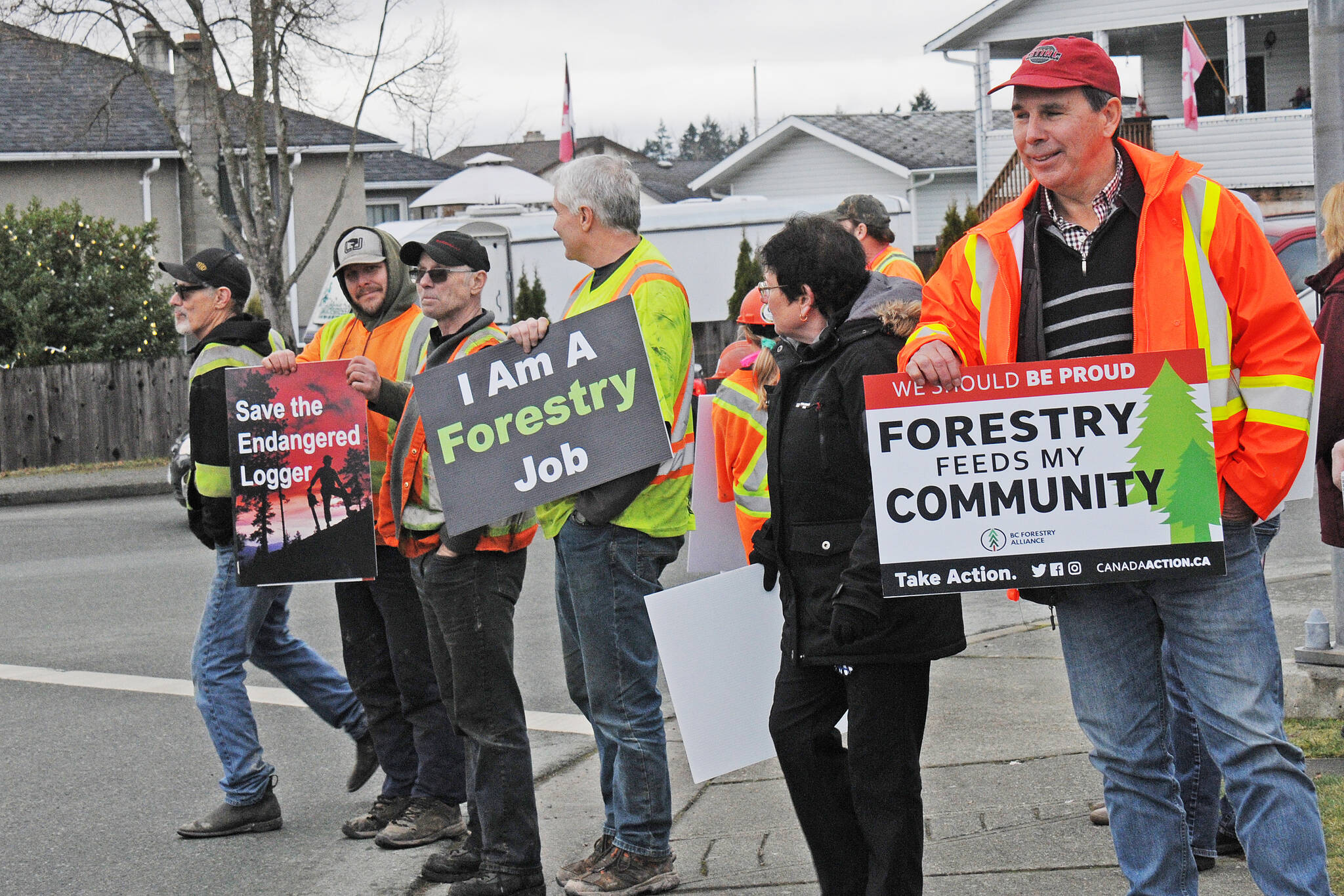A new advisory council convened in the province of British Columbia will support forestry workers and communities as the forestry sector undergoes a shift.
The new Forestry Worker Supports and Community Resiliency Council will advise the province on improvements to existing programs and the development of new, forward-looking initiatives aimed at supporting forestry workers and the economic resiliency of rural communities. The council will assist the government in ensuring programs are targeted, effective and responsive to community needs and priorities.
“The council is providing us input on the existing programs that we’ve got in place,” explained Katrine Conroy, Minister of Forests of British Columbia and MLA for Kootenay West. “We want to make sure those programs are working and to get input on them.”
The province’s 2022 budget included $185 million over three years to provide coordinated and comprehensive supports for forestry workers, industry, communities and First Nations who may be affected by new restrictions on old growth logging, which will be used to expand and enhance existing programs.
But the council will also provide some new ideas to assist the government in its vision of shifting the forestry sector from a focus on high volume to high-value production, with more innovative wood products manufactured locally and more jobs created for every tree harvested.
“One of the things we recognize is we need to utilize all the fibre in the forest,” said Conroy. “The primary industry is very important—we’ll always need a good, solid primary industry. But we also need the value-added, the industries creating things. We are looking at how we can be more innovative. We think we’ll get great input from the council on how we can support both industries.”
The province, said Conroy, is looking at ways it can support forestry-led communities with rural economic diversification and industry innovation programs. She provided the example of the Paper Excellence mill in Port Alberni, where a downturn in newsprint industry has led to a shift to the production of food grade paper.
READ MORE: Port Alberni paper mill capitalizes on convenience food trend
The council will be chaired by Doug Routley, Parliamentary Secretary for Forests, and will include 18 members from broad sectors of B.C., such as local government leaders, Indigenous leaders, forest industry and labour representatives, academics, and non-governmental organizations.
“It’s a very diverse group of people,” said Conroy. “We wanted to make sure that we got representation from people who had experience with municipal council, people who had experience with creating jobs, people who worked in the industry.”
It was important, she added, to make sure the voices of workers are heard so that they are not left behind.
“We think it’s really important that we have those voices,” said Conroy.
The first meeting of the council will take place at the beginning of November in Victoria. The council’s term is one year, with a possible one-year extension.
Forestry Worker Supports and Community Resiliency Council:
Sarah-Patricia Breen, Nelson
Todd Chamberlain, West Kelowna
Jolleen Dick (suuwayaqawilth), Port Alberni
Lori Forgeron, Prince George
Brian Fry, Rossland
Dolores Funk, Burns Lake
Kelly Johnson, Castlegar
Titi Kunkel, Smithers
Sunny LeBourdais, Kamloops
Scott Lunny, Richmond
Dan Macmaster, Grand Forks
Gavin McGarrigle, Surrey
Brian Menzies, Penticton
Sharie Minions, Port Alberni
Cindy Oliver, Burnaby
Bob Simpson, Quesnel
Jim Stanford, Vancouver
Corinne Stavness, Comox
elena.rardon@albernivalleynews.com
Like us on Facebook and follow us on Twitter

